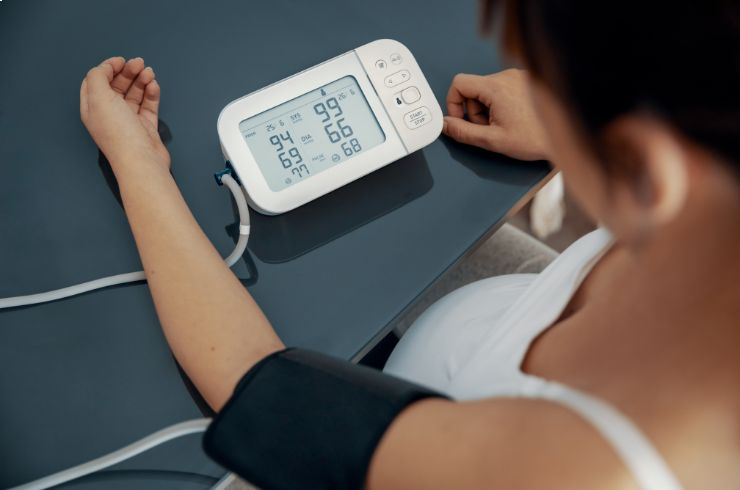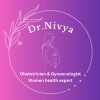Preeclampsia

Preeclampsia is a serious pregnancy complication characterized by high blood pressure and damage to organs, most often the liver and kidneys. Typically occurring after the 20th week of pregnancy, preeclampsia can pose significant risks to both the mother and the baby if not managed effectively. At Dr. Nivya Hospital, we provide comprehensive care for expectant mothers to monitor, manage, and treat preeclampsia, ensuring the best possible outcomes for both mother and child.
Symptoms of preeclampsia can vary but often include:
- High blood pressure (above 140/90 mmHg)
- Swelling in the face and hands (edema)
- Sudden weight gain (more than 2 pounds in a week)
- Severe headaches that do not respond to typical pain relief
- Changes in vision, such as blurred vision or light sensitivity
- Upper abdominal pain, often under the ribs
- Nausea or vomiting
If you experience any of these symptoms during pregnancy, it is crucial to seek medical attention immediately. Early detection and management are key to reducing risks associated with preeclampsia.
At Dr. Nivya Hospital, our experienced team, led by Dr. Nivya, will conduct thorough evaluations if preeclampsia is suspected. This may involve:
- Regular blood pressure monitoring during prenatal visits
- Urine tests to check for protein levels, which can indicate kidney damage
- Blood tests to assess liver function and platelet levels
- Ultrasound scans to monitor the baby’s growth and amniotic fluid levels
Management of preeclampsia depends on the severity of the condition and how far along you are in your pregnancy. Options may include:
- Close monitoring of both mother and baby, with frequent check-ups to track blood pressure and overall health.
- Medications to manage blood pressure and prevent complications. Magnesium sulfate may be administered to prevent seizures in severe cases.
- Bed rest and lifestyle modifications, such as a low-sodium diet and adequate hydration.
- Delivery may be the most effective treatment for severe preeclampsia, especially if the condition is affecting the mother or baby’s health. Depending on the severity and gestational age, delivery may be recommended via induction or cesarean section.
